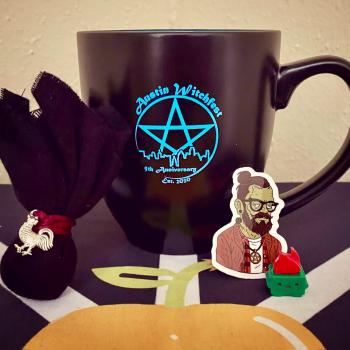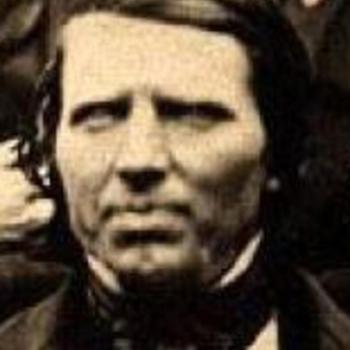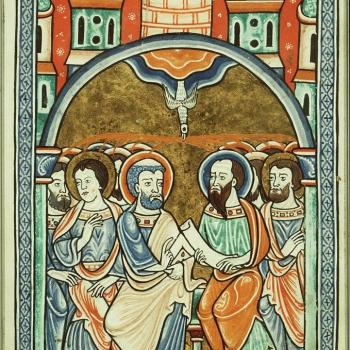The nicest present was that my sons were there and so were many friends. You were wonderful and have always been a part of important occasions--my second...
All the second rounds!
The second wedding, the second bar mitzvah.
And soon, the second hundred years. What's your favorite story in the Torah?
The story of David fascinates me. David became such an important figure and said that "The Lord is my shepherd," but he was a bastard! He saw the naked Bathsheba and had sex with her. When she became pregnant, he tried to get the husband back from the army. And when the husband said, "No, I want to be with my men," he put him in the frontline, and he was killed.
I am also fascinated by the story of Joseph before his brothers sold him to Egypt. Now, I would have punched him in the nose because when he was being brought up, he was his father's favorite and he would tell his brothers about the dream in which he had everyone bowing to him. I mean, come on!
It would have been a much better solution to punch him in the nose than to sell him into slavery.
But then when he went to Egypt, he repaid his brothers with kindness. It doesn't matter to me if the stories in the Bible are true or not. I think the essence of all of these stories is that they teach you something. The lesson is that you can do bad things in life, and you can do good things in life. Life is a mixture, and then you can weigh the scales.
How did you cope with the loss of your son Eric in 2004, and what advice would you give to other people who've had that experience?
That tragedy exists very often--someone dies from an overdose. And the immediate reaction is: What did I do wrong? And counselors try to pacify you with the three Cs: You didn't cause it. You can't control it. You can't cure it. People try to help you and say, "Take some pills." But there is no closure. I think that it's just something that you have to learn to live with and learn to accept as a part of life.
What do you think about when you wake up in the morning?
What do I think about when I wake up in the morning? I think of what I have to do during that day. I wish I had some profound answer to give you.
Do you think movies today handle Jewish themes differently than in the past?
I think they shy away from Jewish themes more today than they did. Of course, Steven Spielberg doesn't.
What would you like to accomplish that you haven't yet accomplished?
I would like to do a one-man show. My stroke was a difficult thing to deal with because my first thought was that I would never be able to make another movie. I thought: What does an actor do who can't talk? He waits for silent pictures to come back! So, I would like to accomplish that before I die.
Anything else you want to say?
For me, it's traumatic to be a Jew, and I feel a bond with all Jews. I relish all that the Jews have accomplished, the contributions they've made. I feel proud to be a Jew.
It is important to give back, to do something for humanity. For the last few years, I've been living by the code of "you can't know how to live unless you learn how to give." Anyone who has been as lucky as I have should give back. And I try to do that.
This article was first posted at MomentMag.com, a Patheos Partner, and is reprinted with permission.
David J. Wolpe is an author, public speaker, and rabbi of Sinai Temple. Named the "#1 Pulpit Rabbi in America" by Newsweek magazine (2008), he is considered a leader of the Conservative Jewish movement. Wolpe was named one of The Forward's Forward 50, and one of the hundred most influential people in Los Angeles by Los Angeles Magazine. He is the author of six books and a regular weekly column in the New York Jewish Week.




